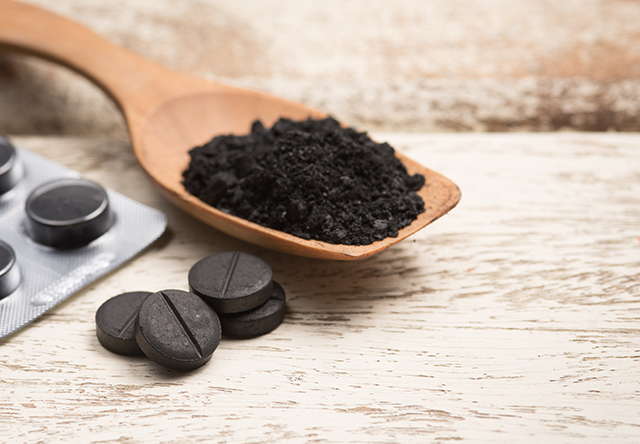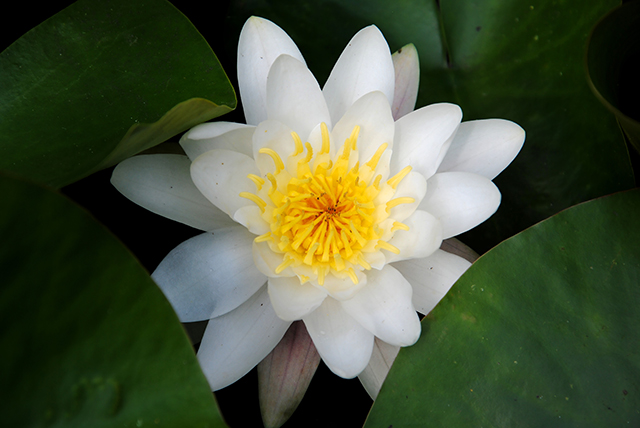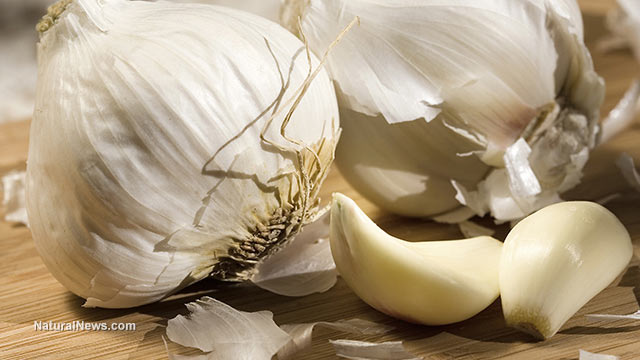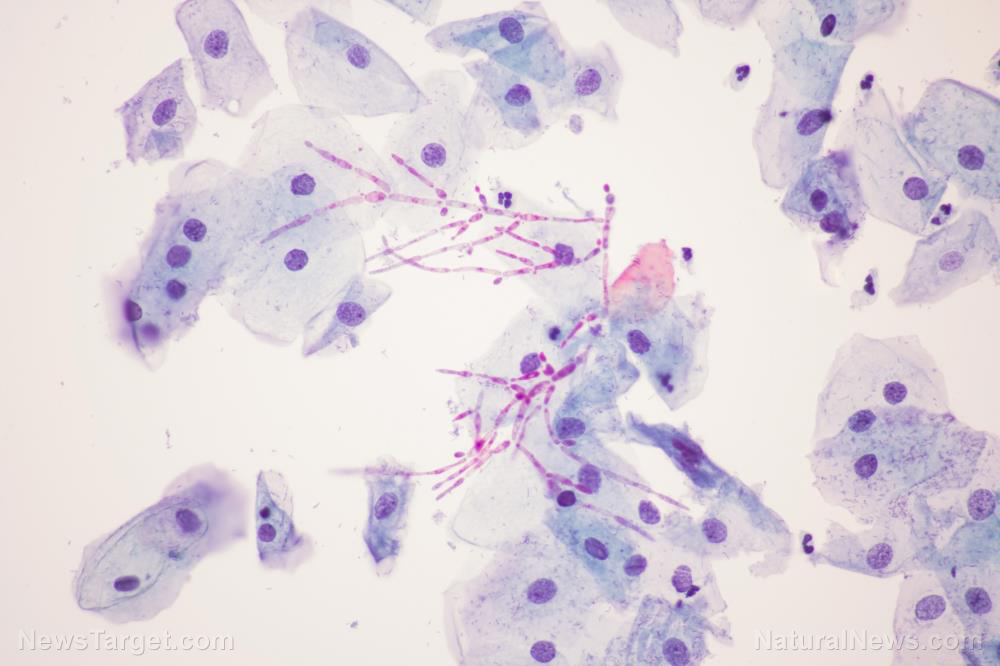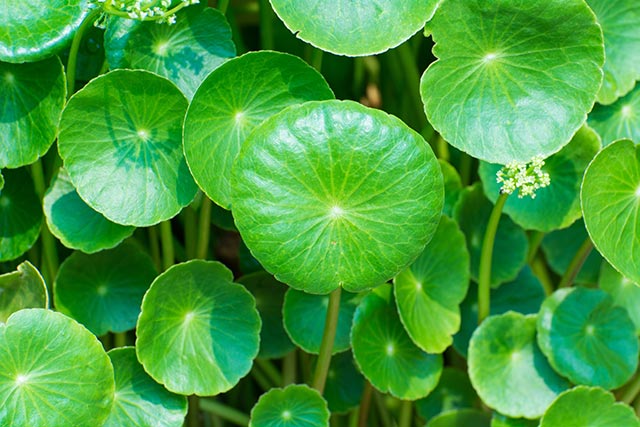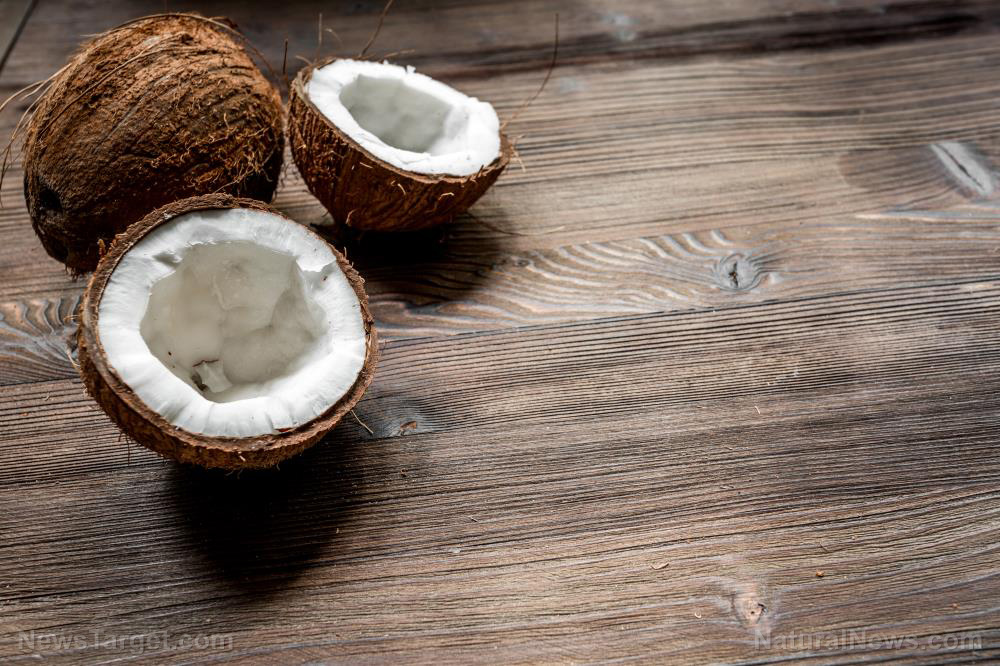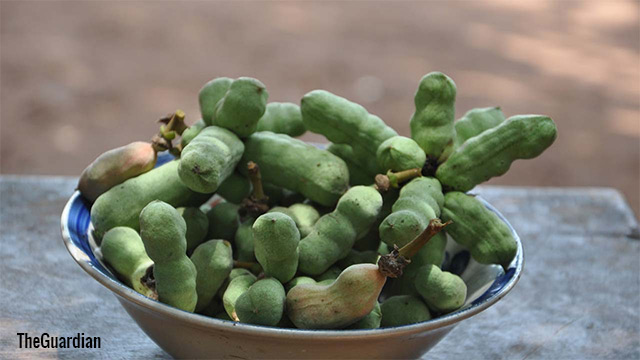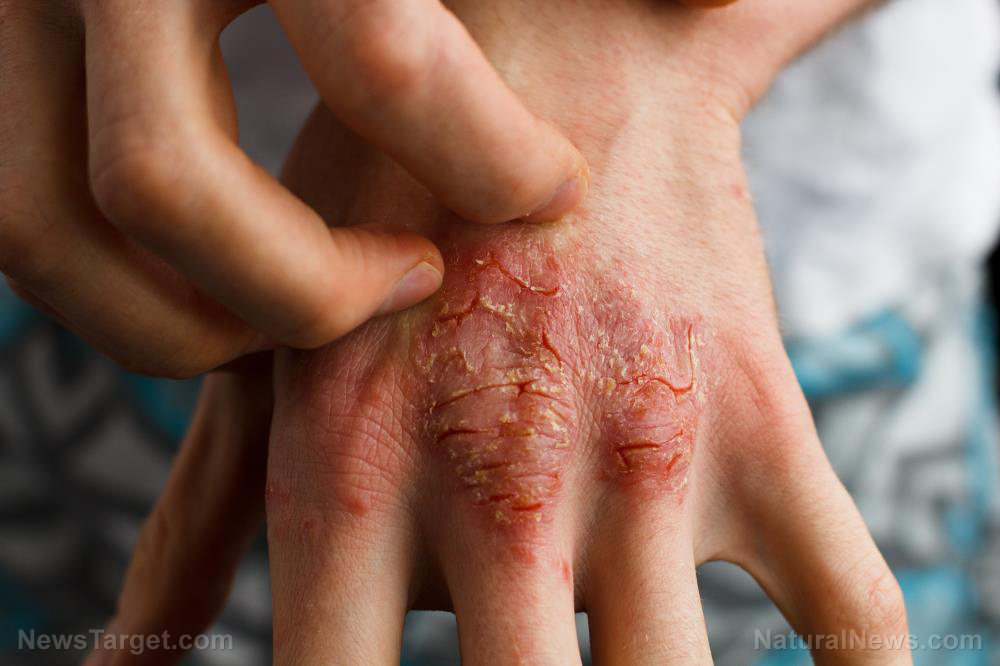Treat celiac disease naturally with homeopathy
11/14/2018 / By Edsel Cook

Celiac disease is technically considered to be untreatable. Patients suffering from this autoimmune disease must avoid consuming gluten, which triggers these symptoms. A study from India suggests that homeopathic remedies could indirectly treat this disease by strengthening the immune system.
Celiac disease is a disorder of the small intestine that develops in genetically predisposed people. Gluten, its trigger, is a common protein found in many staple foods like barley, wheat, and rye.
Symptoms include gastrointestinal problems, lack of important nutrients like iron and folate, severe skin rash, musculoskeletal issues, poor growth in children, neurological disorders, and infertility. Associated diseases include Type 1 diabetes mellitus and thyroid disease; the risk for these autoimmune diseases is higher in patients with celiac disease.
Patients may also develop other complications such as cancerous growth in their esophagus, enteropathy-associated T cell lymphoma, ulcerative jejunitis, and adenocarcinoma in their small intestine. (Related: Glutathione holds the key to managing over 100 autoimmune diseases known today.)
A gluten-free diet is very difficult for patients with celiac disease
There is only one form of conventional treatment available for patients with celiac disease. They must adhere to a gluten-free diet for the rest of their lives. Patients must avoid foods that have significant amounts of gluten. They also need to increase their deficient levels of calcium, folate, and iron.
However, some patients have the non-responsive form of the disease, which is not affected by a gluten-free diet. Refractory celiac disease is another form of the autoimmune disorder that is not stopped by the conventional treatment.
Furthermore, gluten-free diets are very difficult to maintain. Gluten is present in numerous food products, gluten-free food is relatively rare and expensive, and contamination of the food is always a possibility.
The diet can also be restrictive in certain societies that subsist on gluten-rich foods. India, for example, relies heavily on wheat to make bread and other common foodstuffs.
Finally, individual patients have different levels of tolerance for gluten. This makes it difficult to determine how much is too much for any patient, especially as there is a risk of triggering symptoms during testing.
Homeopathic remedies might be able to strengthen the immune system
Given these drawbacks to relying solely on the gluten-free diet, Dr. Shahnwaj Ahmad of the National Institute of Homoeopathy (NIH) proposed homeopathic approaches as alternative means of treating celiac disease. He considered a number of remedies prescribed by the system which can possibly help amend the symptoms of the disease.
Homeopathy is an alternative medicine system that stimulates the immune system, thereby strengthening its ability to defend the body from disease. This makes it suitable for treating celiac disease, which happens to be a disorder of the immune system.
Homeopathic remedies have been tested for different autoimmune disorders, such as diabetes. Some of these rubrics are tailor-made for symptoms associated with celiac disease.
A therapy is designed for the specific needs of a patient. A homeopath will indicate rubrics that not only treat the symptoms but also addressing the root of the problem and the particular vulnerabilities of the patient.
Some of the recommended rubrics include antimonium crudum, butyric acid, phosphorus, phosphoric acid, sasparilla, sulfur, and zinc metallicum. These rubrics help restore the balance of the immune system, which gets disrupted by the presence of gluten.
Dr. Ahmad believes these rubrics should be thoroughly tested for their value in relieving the suffering of patients with celiac disease. When taken alongside gluten-free diets, these homeopathic remedies could make lives easier for patients.
To learn about more natural alternatives for treating celiac disease, visit NaturalMedicine.news.
Sources include:
Tagged Under: alternative treatments, autoimmune diseases, celiac disease, healthy diets, homeopathic remedies, Homeopathy, natural healing, natural health







